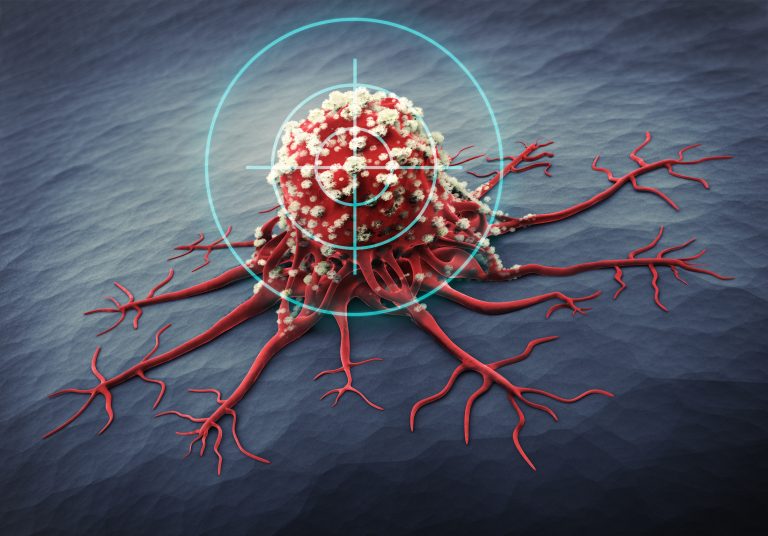
Mayo Clinic has announced a new agreement that will allow it to offer clinical-grade comprehensive cancer genomic sequencing to cancer patients who choose to participate. Test results will be available to patients and their treating health care providers to guide therapeutic decisions, advance cancer research, and support the development of new diagnostic tests and therapies for cancer treatment.
“Our goal for this relationship is to assure cancer patients from across the world get the most comprehensive genomic testing at Mayo Clinic,” said William Morice II, M.D., Ph.D., chair of Mayo Clinic’s Department of Laboratory Medicine and Pathology. “We’re committed to making this test available to diverse patient populations who haven’t yet had access to this type of testing.”
Mayo Clinic’s Cancer Center, Department of Laboratory Medicine and Pathology, and its Center for Individualized Medicine, are collaborating with Personalis for this project. A cancer genomics company whose clinical-grade, comprehensive cancer genomic test sequences the entire coding genome through whole-exome and transcriptome sequencing. The test will provide a clinical report for each patient and comprehensive aggregated data that Mayo Clinic and Personalis will use to further develop the precision diagnostic approach.
The Personalis ImmunoID NeXT Platform provides clinicians and biopharmaceutical customers with data on all of the approximately 20,000 human genes from a single tissue sample. It generates a view of both the tumor and its microenvironment. The company’s NeXT Liquid Biopsy compliments this process, by providing information on the tumor’s mutational landscape. Personalis also operates one of the largest sequencing operations globally and is currently the sole sequencing provider to Veterans Affairs’ Million Veteran Program.
“We are honored to work with Mayo Clinic to increase access to advanced cancer testing,” said Richard Chen, M.D., chief medical officer of Personalis. “Rapid advances in our understanding of cancer and the development of new cancer therapies are driving the need for more comprehensive testing platforms.”
“We believe the use of aggregated and de-identified genomic sequencing data will improve both patient care and patient access to care,” said Konstantinos Lazaridis, M.D., medical director of Mayo Clinic’s Center for Individualized Medicine. Lazaridis said the consortium will make it possible to offer individual patients a clinical benefit in their treatment and the ability to contribute data in the aggregate that may lead to the development of new and improved treatments and systems that will benefit all patients.
“Developing individualized treatment plans for each patient based on their unique spectrum of cancer-promoting mutations is critical to our mission to provide the most advanced cancer care,” added Cheryl Willman, M.D., executive director of Mayo Clinic Cancer Programs and director of Mayo Clinic Cancer Center. “As we advance the Human Cancer Genome Project to more diverse and understudied populations, it is particularly important to use comprehensive sequencing methods to uncover all possible mutations.”
Willman says that collaborations with groups such as Personalis provide health care providers with access to molecular data that may offer new insights into the causes of particular cancers and also may help researchers develop more effective, personalized treatments. “Our goal is to develop our capacity for ‘precision prevention’ that will help us detect and treat cancers earlier in all populations,” said Willman.











